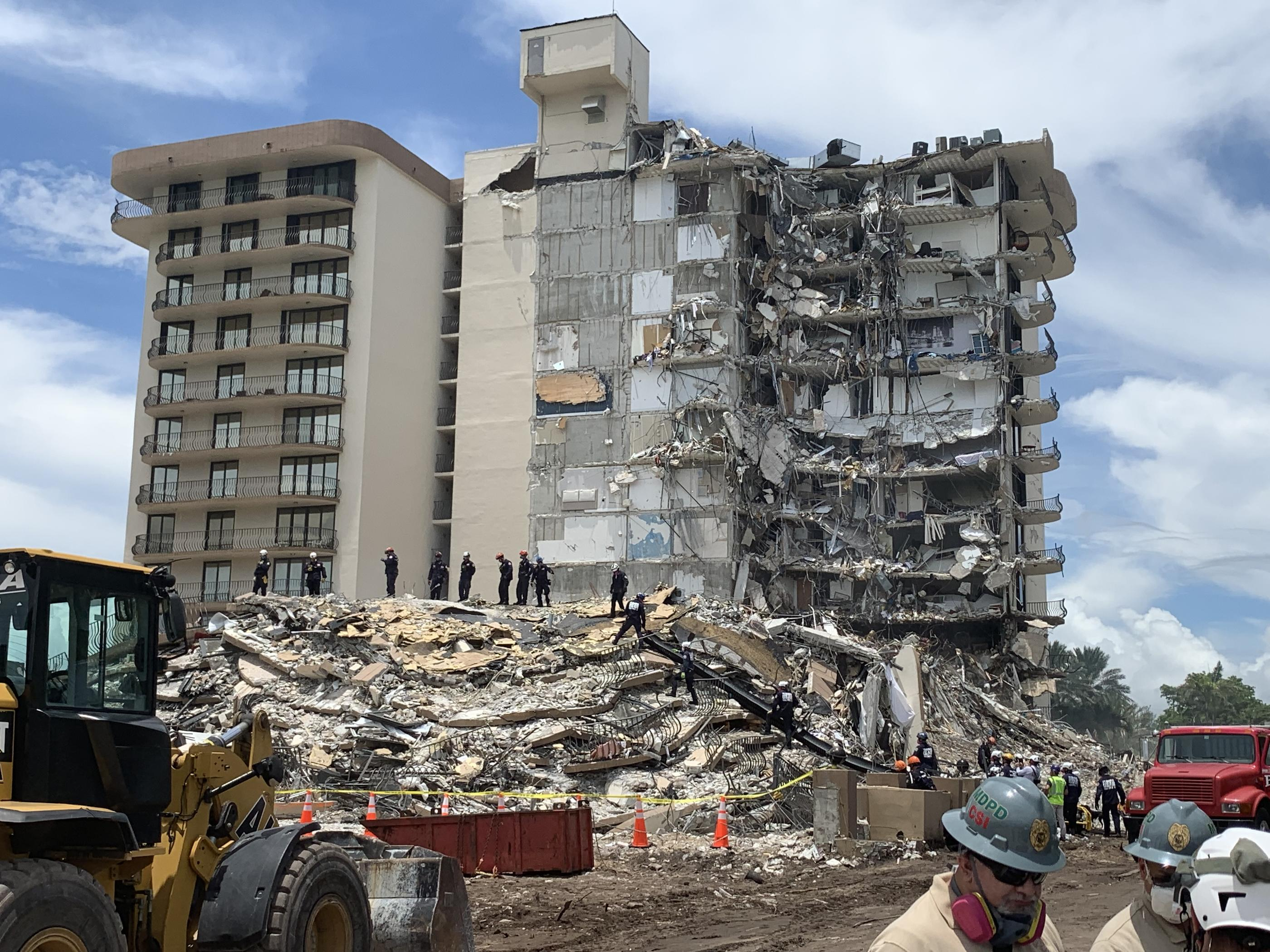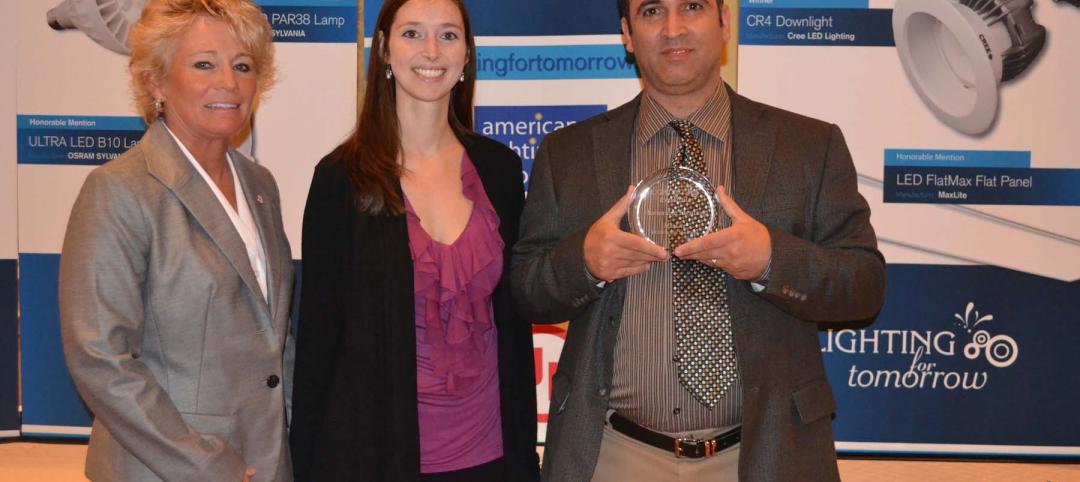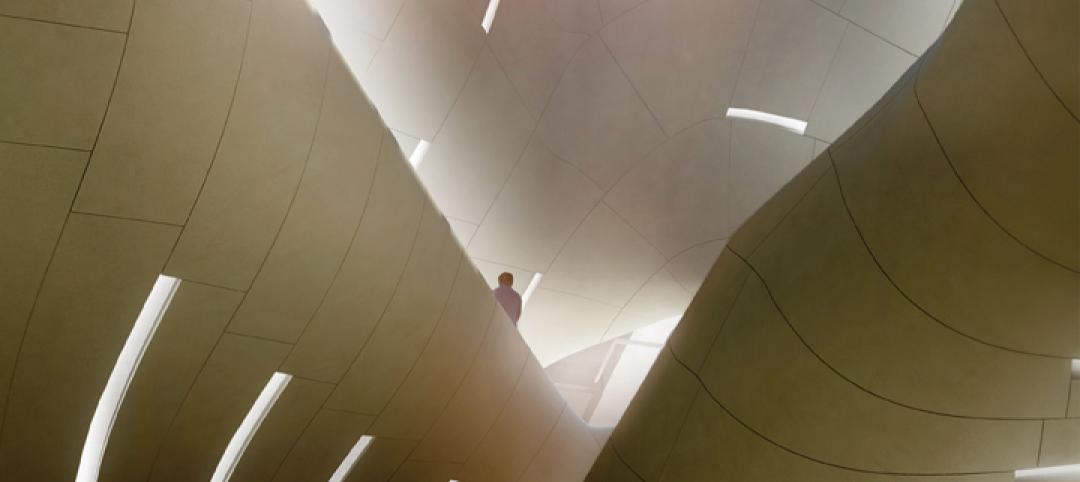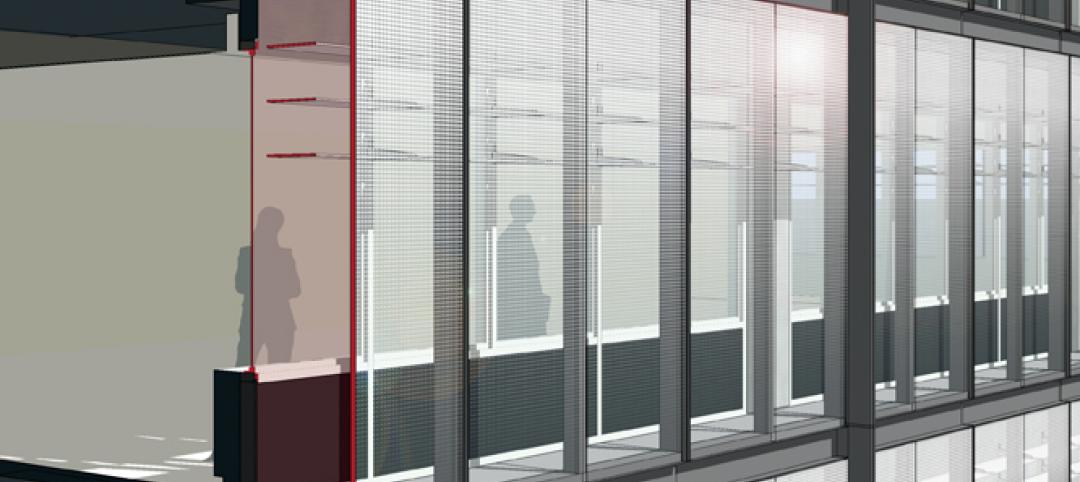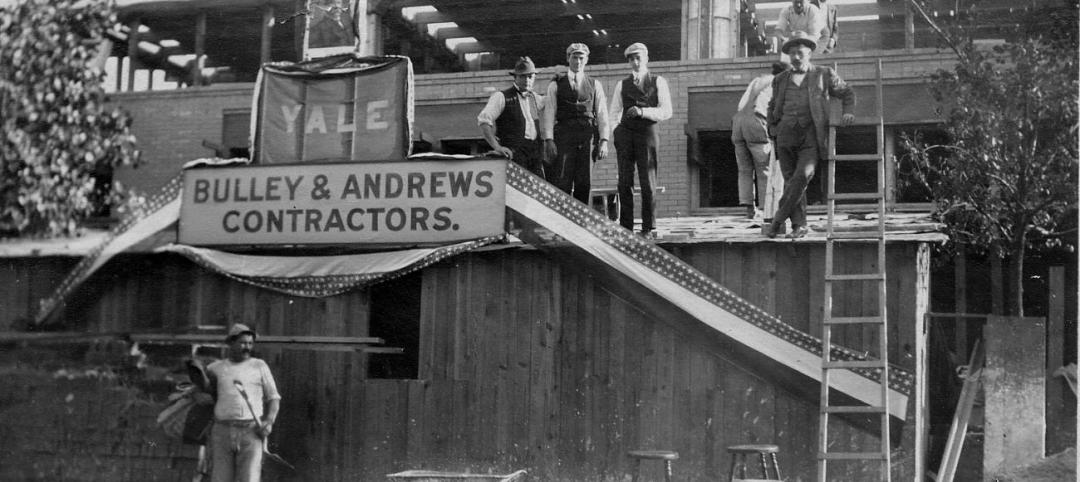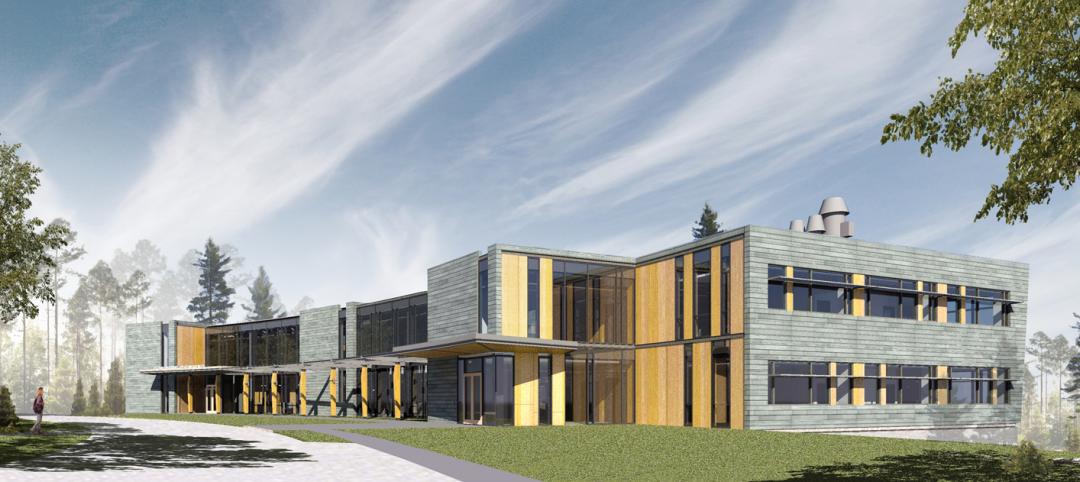Investigators from the National Institute of Standards and Technology (NIST) say they have found no evidence of underground voids on the site of the Champlain Towers South collapse, according to a new NIST report.
The team of investigators have studied the site’s subsurface conditions to determine if sinkholes or excessive settling of the pile foundations might have caused the collapse. They have found no such evidence to support that potential cause.
Preliminary evaluation of data indicates about one quarter of an inch or less of settling in the pile foundations supporting the pool deck structure and basement. This would have had minimal impact on the pool deck structure, NIST says.
“Understanding exactly what caused this collapse is taking meticulous investigation and the collection of copious amounts of evidence and information,” said Joannie Chin, director of NIST’s Engineering Laboratory. “Our team members are dedicated to unraveling the complexities of this tragic event, and their rigorous research and analysis will not only help us understand the likely technical cause of the collapse but will improve the safety of our communities.”
The team’s preliminary evaluation of physical and historical evidence found that the pool deck construction deviated from design requirements. Specifically, the number of slab reinforcing bars centered over vertical columns was inadequate, and the reinforcing bars in the top of the slab in the vicinity of the columns were spaced farther apart than the design required, according to investigators. These deviations weakened the slab-column connections, they said.
NIST expects technical work on the investigation to be substantially completed in late June 2024 and aims to release a report with findings and recommendations in late June 2025.
Related Stories
| Oct 14, 2011
Midwest construction firms merge as Black and Dew
Merger is aimed at increasing market sector capabilities and building on communication and core contracting competencies.
| Oct 14, 2011
AIA Continuing Education: optimizing moisture protection and air barrier systems
Earn 1.0 AIA/CES learning units by studying this article and passing the online exam.
| Oct 14, 2011
MaxLite receives 2011 Lighting for Tomorrow honorable mention
The judging panel was particularly impressed with the performance of this fixture.
| Oct 12, 2011
BIM Clarification and Codification in a Louisiana Sports Museum
The Louisiana State Sports Hall of Fame celebrates the sporting past, but it took innovative 3D planning and coordination of the future to deliver its contemporary design.
| Oct 12, 2011
Vertical Transportation Systems Reach New Heights
Elevators and escalators have been re-engineered to help building owners reduce energy consumption and move people more efficiently.
| Oct 12, 2011
Building a Double Wall
An aged federal building gets wrapped in a new double wall glass skin.
Office Buildings | Oct 12, 2011
8 Must-know Trends in Office Fitouts
Office designs are adjusting to dramatic changes in employee work habits. Goodbye, cube farm. Hello, bright, open offices with plenty of collaborative space.
| Oct 12, 2011
FMI’s Construction Outlook: Third Quarter 2011 Report
Construction Market Forecast: The general economy is seeing mixed signs.
| Oct 12, 2011
Bulley & Andrews celebrates 120 years of construction
The family-owned and operated general contractor attributes this significant milestone to the strong foundation built decades ago on honesty, integrity, and service in construction.
| Oct 12, 2011
Consigli Construction breaks ground for Bigelow Laboratory Center for Ocean Health
Consigli to build third phase of 64-acre Ocean Science and Education Campus, design by WBRC Architects , engineers in association with Perkins + Will



